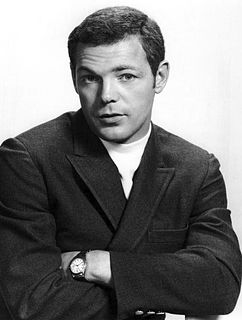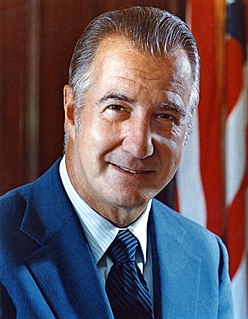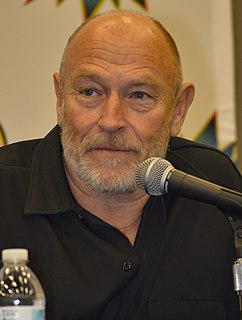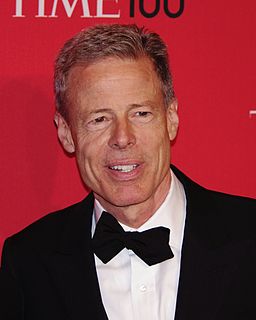A Quote by Tracee Ellis Ross
I doubted Black-ish , and I'll tell you why. Because it doesn't matter if a writer wrote it for you. He could've written it with you in mind. But TV is a collaborative art. It involves producers, networks, studios, and many people signing off on you. And a lot of times there are deals in place - actors with studios that they're looking for shows for.
Related Quotes
I've been working in Hollywood for a long time now in many different aspects in front of the camera, behind the camera, and I've worked with top executives, presidents of networks. I've worked all around. I see energy and what's around these studios and a lot of these offices. You don't get the high positions in these companies if you don't take advantage of other people in some way. I've seen that around. I've seen that around the studios, whether it's producers or whoever. Egos are there. Greed.
There are so many people who have a training in art history; and if you've spent time looking at old art, you become attuned to what art does through materiality and so you begin to look to that in contemporary art as well. And anyway, I do think that matching one's experience with what you're looking at and questioning what you're looking inevitably involves materiality, just like it involves the sense of place.
There are times when you need to step back and realize that movie studios today are not necessarily the same things that they were many years ago. Many movie studios are international conglomerates now. They own everything from theme parks to toy companies to T-shirt companies to video companies. There's a lot of different wheels to be greased.
The fact is that HBO is doing the kind of films and the kind of stories that the movie industry used to do. You look at a lot of the specialty sections of studios that have gone under... and there's no doubt in my mind why filmmakers and screenwriters and actors are ending up at a place like HBO. They do it better than anybody.
This business is hard. People and producers and studios and finance guys get caught up in saying, "Women don't sell movies," or "This person doesn't sell foreign," or "You have to attach guys first," or "People don't want to see women do this." I've heard those things so many times that I've actually heard myself say them, a number of times.




































